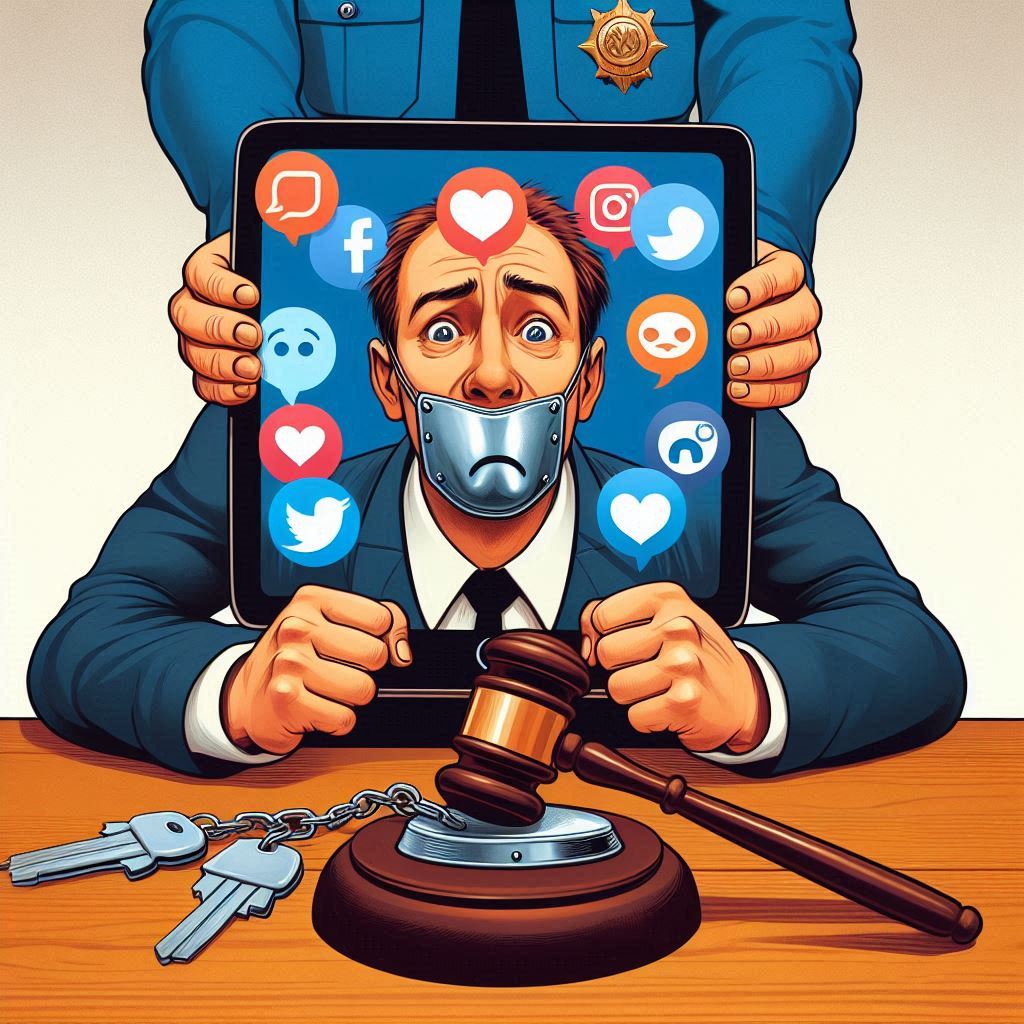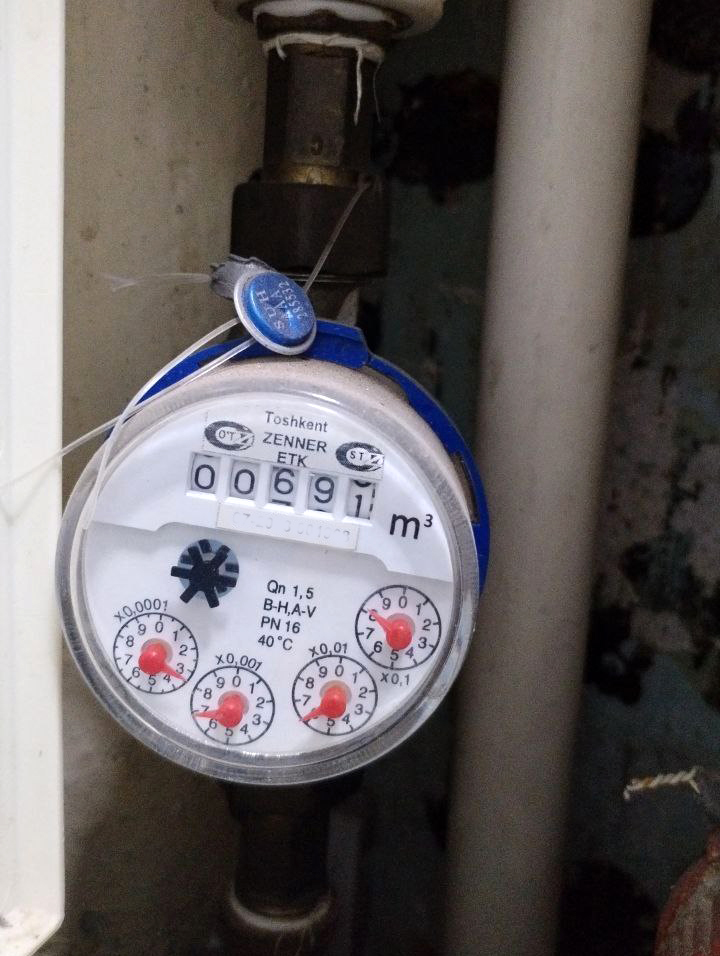This article is also available in:
Русский (Russian)
Uzbek
Insults on social media are an unpleasant but unfortunately common occurrence. In the digital age, people often encounter rude remarks and humiliations online. However, it’s important to remember that even in the virtual world, your rights are protected, and you can demand accountability for such insults.
This guide was compiled by users of the “Consumer.uz” platform.
Where to Go If You’ve Been Insulted
Step One – Filing a complaint with the district inspector. You need to contact law enforcement with a written statement. This statement should be prepared in two copies: one for the police, and the other for you, with a receipt stamp and the signature of the receiving officer. The district inspector will prepare the case materials and forward them to court.
Step Two – The district inspector may ask you and the other party to write explanatory notes. If the other party also files a counterclaim, it will be considered within the same case.
Step Three – The district inspector collects the case materials for submission to the court. It is important to review and sign these materials before they are submitted to court.
Step Four – It’s best to consult with a lawyer to ensure that your case is handled properly. If the district inspector delays the process or submits the case to court without allowing you to review the materials, you have the right to ask the judge to send the case back for further investigation.
Step Five – The court proceedings. The court will rely on the materials collected by the district inspector. The outcome of the case will depend on how clearly and accurately these materials are compiled.
Important Points
It’s important to be aware that the district inspector may compile the case materials as they see fit, and if the other party, for example, “influences” the inspector, you could end up being the one found guilty. Therefore, if the district inspector submits the case to court without giving you the opportunity to review the materials, ask the judge to send the case back for further investigation. This is crucial because you were not informed about the contents of the materials and don’t know how they were compiled. The final outcome of the case will depend on how the district inspector presents the facts in the documents, as the court will base its decision on these materials.
A Practical Example
In one of the social media groups, there was a story about a girl who used an insulting word in Telegram towards her friend’s husband. The friend showed the message to her husband, who quickly took a screenshot, printed it out, and filed a complaint with the police. The next day, the girl was summoned by the district inspector, and the day after, a court fined her 740,000 soums. There are many such cases, demonstrating that the system can be quite effective.
Insults in Comments and Anonymity
A particularly challenging issue is insults in comments on platforms like Telegram, where users often hide their names and phone numbers. This creates a false sense of impunity. However, it’s important to understand that anonymity doesn’t always protect you from responsibility, and learning to control your emotions is the best way to avoid such situations.
In today’s world, where online insults have become a daily occurrence, it’s important not to remain passive. If you’ve been insulted, don’t hesitate to defend your rights and hold the offender accountable. By following the steps outlined above, you can achieve justice and demonstrate that, just like in real life, words in the digital world have consequences.
The text has been translated by AI. For more accurate information, please refer to the Russian version of the article.











